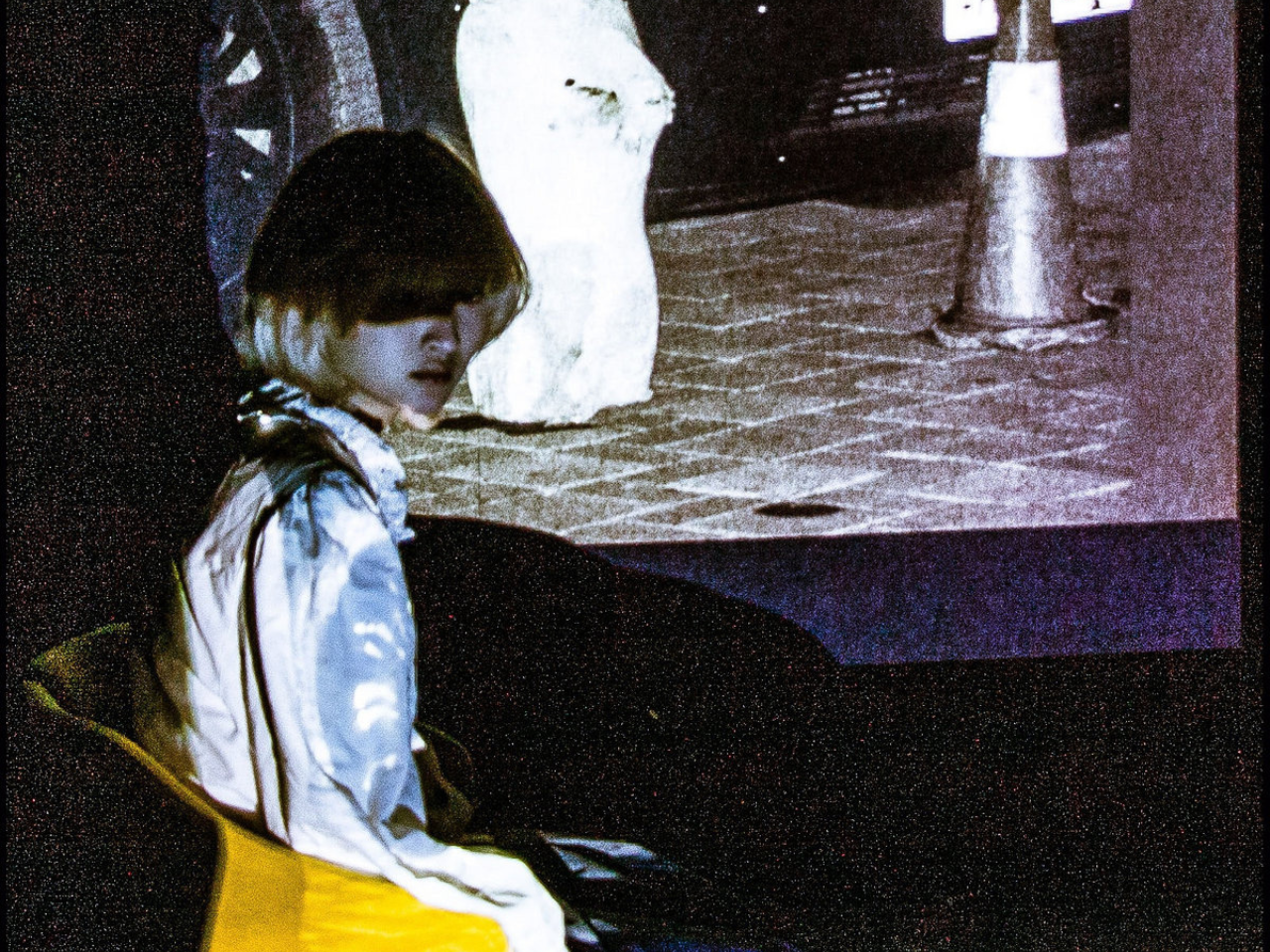On November 19, Chinese deathcore band Human Instrumentality Project unveiled a new single ‘Come, Sweet Death’ via Chinese labels One of Us and BrutalReign Productions. It is the lead single for their upcoming album, LCL sea, which is expected to come out next year.
The Guangzhou-based band has closely associated itself with Neon Genesis Evangelion, a hit Japanese anime that debuted in the 1990s, even taking its name from the series.
Most of the five-member band’s music is also inspired by the anime, including its soundtrack, plots, and overall concept. Human Instrumentality Project tells RADII that they strive to “present the Evangelion universe across the canvas of their music” by using “brutal ripping deathcore.”

Case in point: This new single is a nod to the track ‘Komm, süsser Tod,’ meaning ‘Come, sweet death’ in English. ‘Komm, süsser Tod’ was inspired by German musician Johann Sebastian Bach’s ‘Komm, süßer Tod, komm selge Ruh’ and was used in the 1997 film The End of Evangelion, a part of the original Neon Genesis Evangelion series.
While keeping the original name and lyrics, the quintet has rewritten the melody in their version of ‘Come, Sweet Death’ to add strong deathcore characteristics.
To mix things up a bit, Human Instrumentality Project invited Melisa Jimenez from the Argentine metal band Pollux to be the guest vocalist.

The band also collaborated with Polish figure skater Jérémie Flemin, who is slated to participate in the 2026 Winter Olympics. Watch the video below to see Flemin skating to Human Instrumentality Project’s ‘Come, Sweet Death.’
The group has revealed that LCL sea will include two distinct chapters, namely ‘Angel of Doom’ and ‘Dream.’ According to a description on Bandcamp, the former chapter “deals with the observable world before our eyes,” while the latter “explores the unseen realms of our souls.”
‘Come, Sweet Death’ will be the final track of the ‘Angel of Doom’ chapter.
In 2021, Human Instrumentality Project took the world by storm with their 10-track debut EP, The Brutal Angel’s Thesis, which also revolved around the Evangelion series.
All images courtesy of Human Instrumentality Project unless otherwise stated


















